
When talking about contemporary horror with substance, it’s impossible to ignore the name Mike Flanagan. Over the last decade, the director and screenwriter has established himself as one of the most consistent figures in the genre, skillfully balancing the essence of horror with emotionally resonant plots, dense dialogue, and themes like grief, faith, trauma, and redemption. With a distinctive and much-discussed creative vision, Flanagan has built a filmography that goes well beyond simply trying to scare – his stories often strike a psychological, spiritual, and emotional chord. From The Haunting of Hill House to Midnight Mass, along with some strong Stephen King adaptations, he has shown that horror doesn’t have to stick to convention.
Flanagan experiments, takes risks, and constantly looks to evolve his work. From undeniable successes to a few more uneven titles, each of his projects reveals a different facet of a filmmaker who knows how to turn fear into something more reflective. But among them all, which stands out as the best and which falls short?
12) Absentia

The beginning of it all. Absentia feels like an early sketch of the filmmaker Mike Flanagan would eventually become. It’s his first feature, made on a tiny budget, and while it’s rough around the edges, you can already see some of the key elements that would later define his work – a creepy atmosphere, emotional themes, and a focus on grief, disappearance, and the fear of the unknown. The idea is there, and it’s interesting, but the execution doesn’t quite hold up. The writing, direction, and acting are okay, but nothing really grabs you, mostly because the movie feels uneven and a bit inconsistent.
Absentia ends up being more of a curiosity than a must-watch. It’s valuable if you want to understand where Flanagan started, but compared to what came after, it feels amateur.
[RELATED: The Life of Chuck Teaser Promises Another Compelling Stephen King and Mike Flanagan Collab]
11) Before I Wake
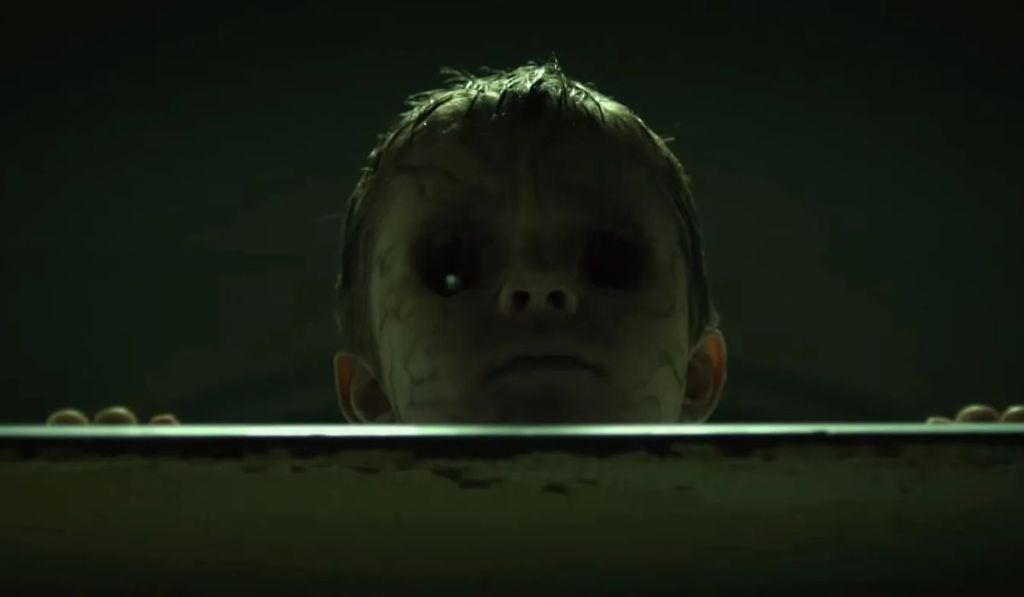
Good idea, poor execution. Before I Wake is easily Flanagan’s most inconsistent film. The premise has a lot of potential, but the movie gets stuck trying to juggle family drama, fantasy, and horror, and ends up not fully committing to any of them. There are a few visually strong moments, but the tone is all over the place, and emotionally, it just doesn’t land. The plot feels like it’s going in circles, never really pushing any of its ideas far enough. That said, you can still sense Flanagan’s usual sensitivity trying to break through – the themes are there, even if they’re not well explored.
Before I Wake is a bit immature, but it doesn’t feel dishonest. It’s clear that there was heart behind the project, even if the result doesn’t quite come together. For anyone following Flanagan’s work, it might be worth watching just to see where he was trying to go.
10) Ouija: Origin of Evil

Flanagan took a generic bomb and managed to turn it into something decent. But that’s just it – decent. In Ouija: Origin of Evil, the ’60s aesthetic works in the film’s favor, along with some solid direction and strong performances, especially from the child actors. Still, we’re clearly in familiar territory: jump scares, haunted house tropes, and a plot that doesn’t leave much of an impression. It feels like Flanagan was playing by the studio’s rules while quietly trying to push against them. The result is a film that’s technically competent, but limited – both by its origin as a franchise sequel and by the genre formulas it never fully escapes.
Ouija: Origin of Evil is worth checking out mostly to see what Flanagan can do with weak material. He elevates a franchise that started at rock bottom, and that’s no small feat. But despite the improvements, the film still feels disposable.
9) Oculus
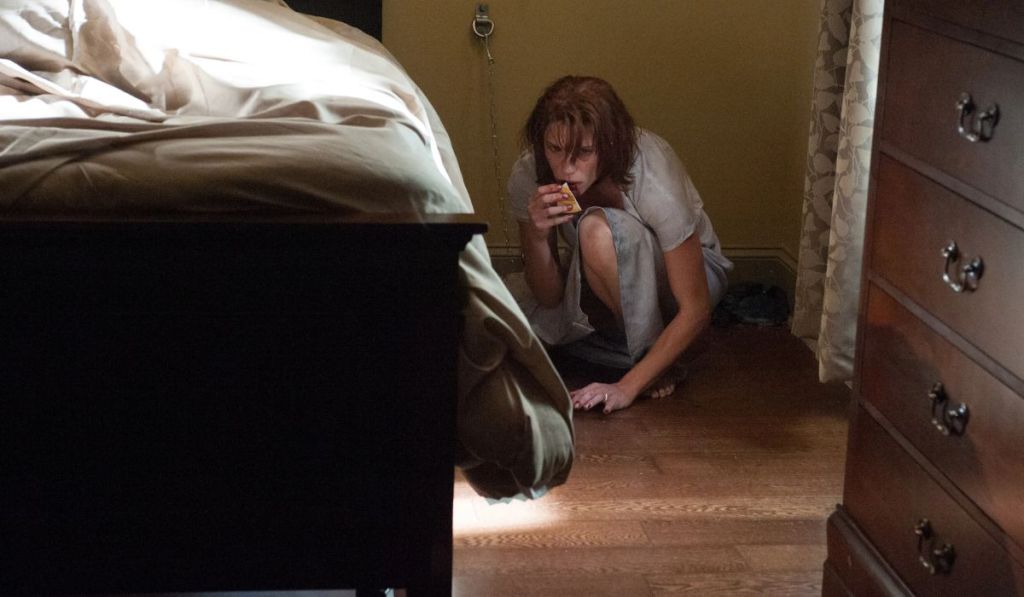
Oculus is where Flanagan begins to find his voice. The movie is a narrative experiment where reality and illusion blur, and horror comes from the instability of what is seen. The story is, at its core, about distorted memories and inherited guilt. And even with a limited budget, the filmmaker already shows his fixation with more fragmented narratives and pain as the driving force behind the story. On the other hand, the pacing could be better, as the execution is a little repetitive. The characters are shallow and the emotional development is weaker. The film is more interesting as a sketch of Flanagan’s style than as a complete film.
Oculus has a structure that carries the filmmaker’s ambition. But, ultimately, it’s not so memorable. It is merely revealing and an important step in his career.
8) The Midnight Club
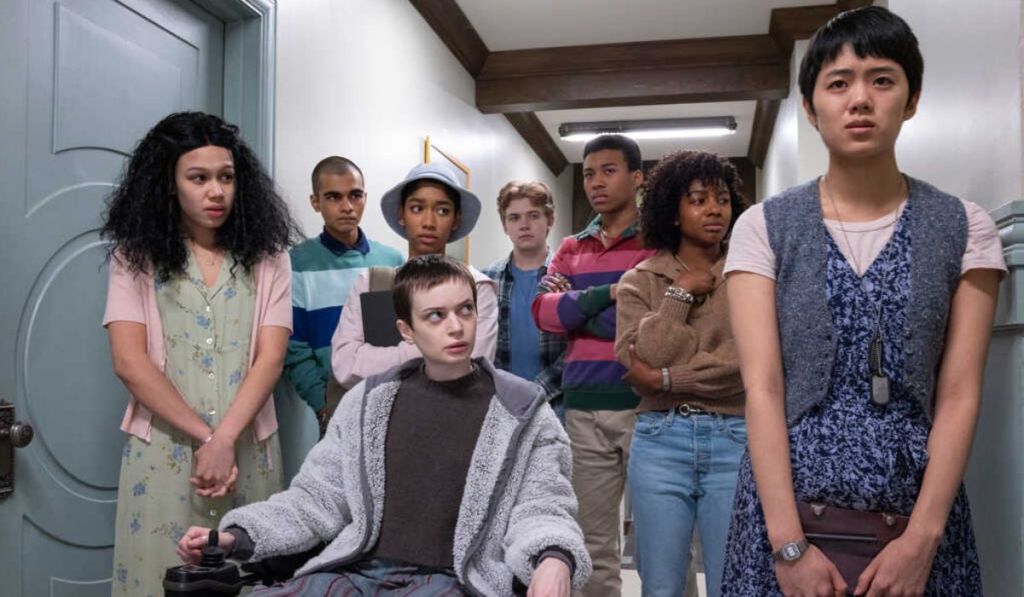
Flanagan decided to speak to a younger audience here, and this is clear in the (relative) lightness of its tone. The Midnight Club is a pleasant series with heart, but one that never really manages to move you. The horror stories are good, but the episodic structure hinders engagement. The most beautiful thing about the series is the idea of giving a voice to those who are dying. The characters talk about fear, regret, and fantasy as a form of resistance. But it lacks depth – it lacks the weight that marks his other works. It’s good, but perhaps the most “neutral” of his filmography.
The Midnight Club has good intentions, but its execution is uneven. The drama works in part, but it still lacks a little intensity. It has potential, but not the impact that Flanagan manages to achieve in other works.
7) Doctor Sleep

Doctor Sleep has a thankless task: to be the sequel to both versions of The Shining – King’s book and Stanley Kubrick’s film. Flanagan tries to please both sides, and as a result, the movie falters at times. It’s a good and very valid attempt at conciliation, but the story alternates between introspective drama and supernatural action without balance. Yes, the direction is solid and there are some strong moments, especially with the return to the Overlook Hotel – an honest fan service. Also, it transforms Danny Torrance into a broken man trying to rebuild his life, and that alone is worth the effort. It’s an ambitious film, but you can’t always get it right.
Doctor Sleep is quite interesting as a proposal rather than as a final result. Its merit lies precisely in its sincere attempt. It’s as if the filmmaker could say that he respects the story and legacy of The Shining, but wants to tell something else.
6) Hush

Minimalist, direct, and cruel. Hush is an exercise in language, and that’s what makes it so special. Here, Flanagan delivers a work that is pure narrative control. The fact that the protagonist is deaf completely changes the rules of the game: sounds are no longer warnings, but threats. It’s a suspenseful film that never lets up, where every technical choice counts towards creating just the right amount of tension. In other words, with Hush, the director simply shows that he doesn’t need ghosts to haunt an audience. With few elements, he does it perfectly.
Very well executed, Hush is a simple story that grabs your attention. It’s not ranked as one of Flanagan’s best works because it still lacks the emotional or narrative weight of his other great productions.
5) Gerald’s Game
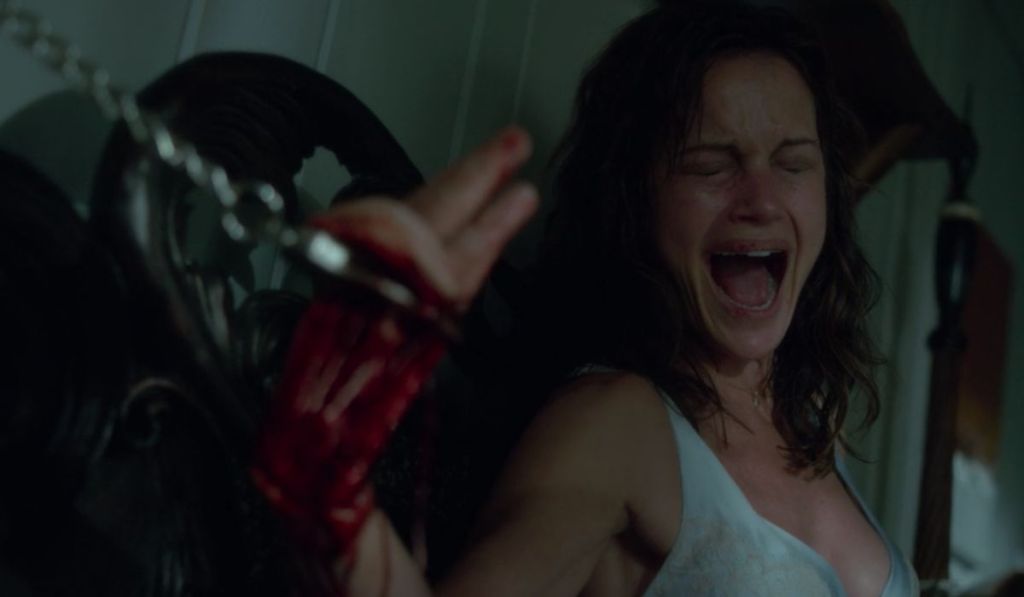
Few people believed that this King’s book could be turned into a good movie. But Flanagan not only proved that it was possible – he made it a statement of identity. With Gerald’s Game, he takes a simple situation and turns it into a psychological nightmare about abuse, memory, and resilience. With this film, the director grandly proves what time and practice can do to shape someone professionally. Here we see his obsession with past pain manifesting itself more clearly. It’s a movie that shows how he masters intimate horror, the kind that comes from within and not from scares.
Gerald’s Game is a difficult adaptation that worked. With few resources and a lot of creativity and courage, the viewer remains interested in the story at all times. The performances are essential, but the greatest merit lies in transforming a minimalist premise into a tense psychological study.
4) The Haunting of Bly Manor
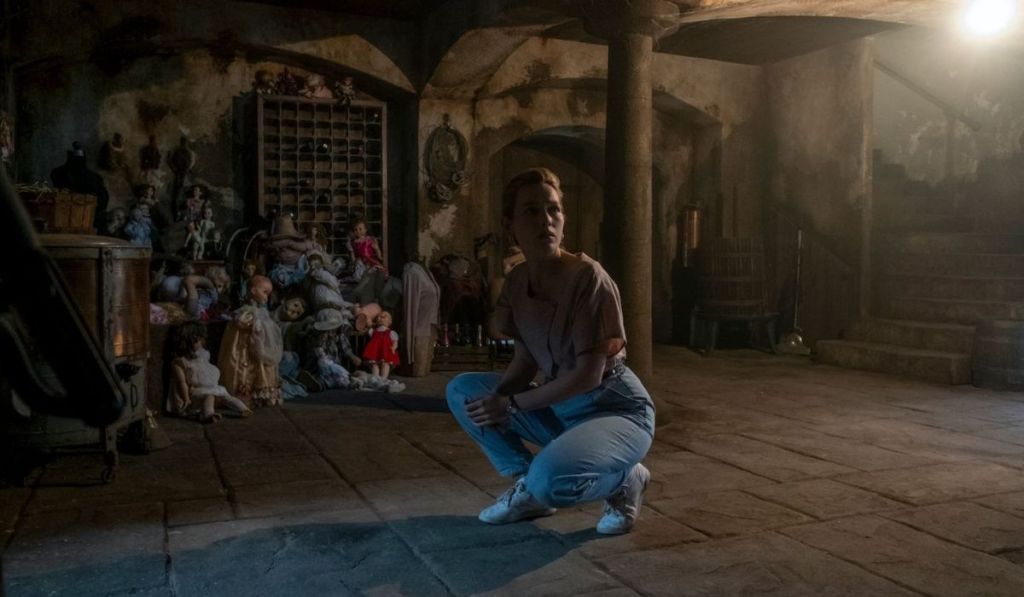
Let’s cut to the chase: The Haunting of Bly Manor suffers from coming right after The Haunting of Hill House, because it’s not a sequel in terms of impact, only in aesthetics. But that doesn’t diminish it. If the first season was about loss and grief, this one is about love – in all its forms. It’s a more contemplative, more subtle work, and for that very reason, it’s often underrated. Flanagan takes the horror out of the picture to let the drama breathe, so the result is a story that scares less but touches more deeply. For some who are expecting something more terrifying, it’s a sure rejection, but the slow-paced narrative is intentional, which also shows a different and cool vision of Flanagan for us to watch.
More melancholic, The Haunting of Bly Manor is a sensitive story with good dialogue and a moving ending. It is highly cohesive in what it sets out to do, although not exactly the director’s most memorable project.
3) The Fall of the House of Usher

This series is a celebration of the grotesque. In The Fall of the House of Usher, Flanagan flirts with excess (and has fun doing it). It’s a story laden with brutality that, rather than metaphors, offers a raw exposure of a lineage rotten to the core, paying the price for its own mistakes. By freely adapting Edgar Allan Poe, he creates a scathing critique of capitalism, ego, and the legacy of power. There’s something cathartic about seeing the characters being swallowed up by their own corruption. The aesthetics are impeccable, the editing is sharp, and the use of literature as a basis shows a more sarcastic side of Flanagan.
With The Fall of the House of Usher, the filmmaker unabashedly shows that he can also be literary, but quite cruel when he wants to be. It’s a well-constructed and versatile series with a consistent pace and mastery, but perhaps it lacks the emotional weight that is his trademark. It’s great in execution, but more cynical than engaging.
2) The Haunting of Hill House

Mike Flanagan is now a big name, but it’s only with The Haunting of Hill House that he becomes serious business. The show redefines the use of trauma in horror, transforming a haunted house story into a fable about the weight of childhood. It’s about unresolved pain, and ghosts serve perfectly as a metaphor for everything we bury and pretend we’ve forgotten. The structure of the episodes is brilliant, precisely because it’s crafted layer by layer. Besides, the character development is very careful, and the famous Episode 6, with its almost uninterrupted sequence shot, is simply a masterclass in filmmaking.
The Haunting of Hill House is haunting, yes – but more than that, it is deeply human. And perhaps that is why it is so scary. It is a significant milestone in Flanagan’s career, because it’s basically the turning point, when it goes from being promising to becoming essential.
1) Midnight Mass
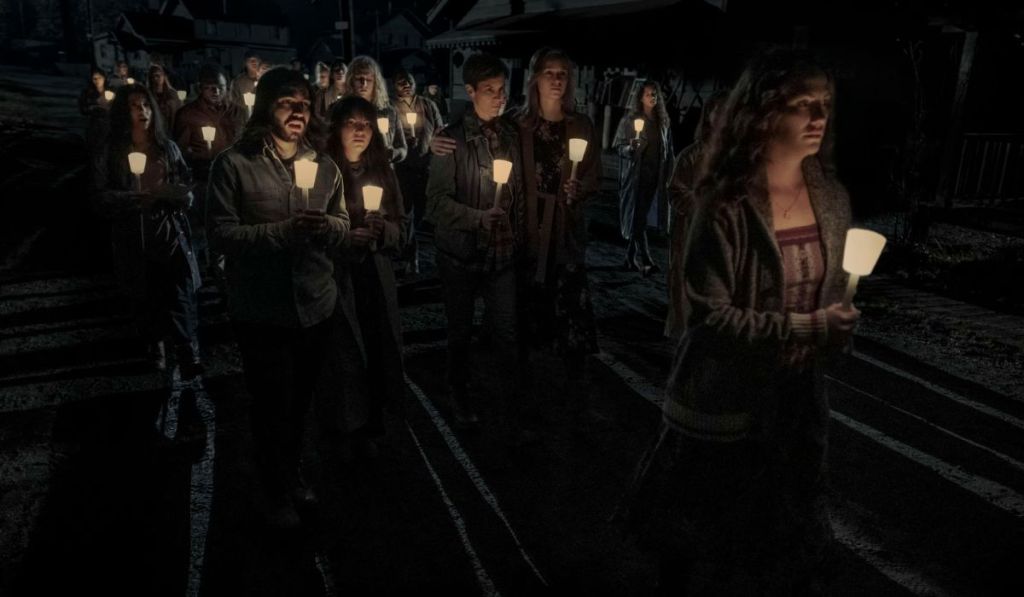
Midnight Mass is the heart of the filmmaker’s career. But it’s not just his best work – it’s his most personal, most painful, and most daring. Here, he abandons the adaptation format and delivers something entirely his own, a profound reflection on faith, addiction, regret, and, above all, the desperate need to find meaning amid chaos. There is something almost theatrical about the long monologues, but they never feel gratuitous, because each line is like a scar being opened. This is where horror ceases to be merely aesthetic and becomes existential, which places Flanagan in the position of artist and thinker. In other words: if you want to understand what drives him, this series is the key.
The horror is intimate, the characters are flawed and human, and the ending is, paradoxically, the most hopeful and tragic of all. He takes a risk and hits the mark. With tight control over the script, direction, and theme, Midnight Mass has Flanagan’s greatest emotional and philosophical density. It marks the peak of his career.
The post Every Mike Flanagan Movie & Series Ranked appeared first on ComicBook.com.

